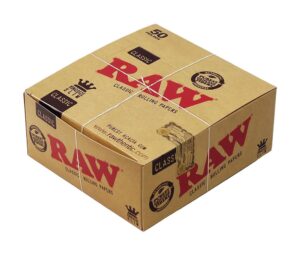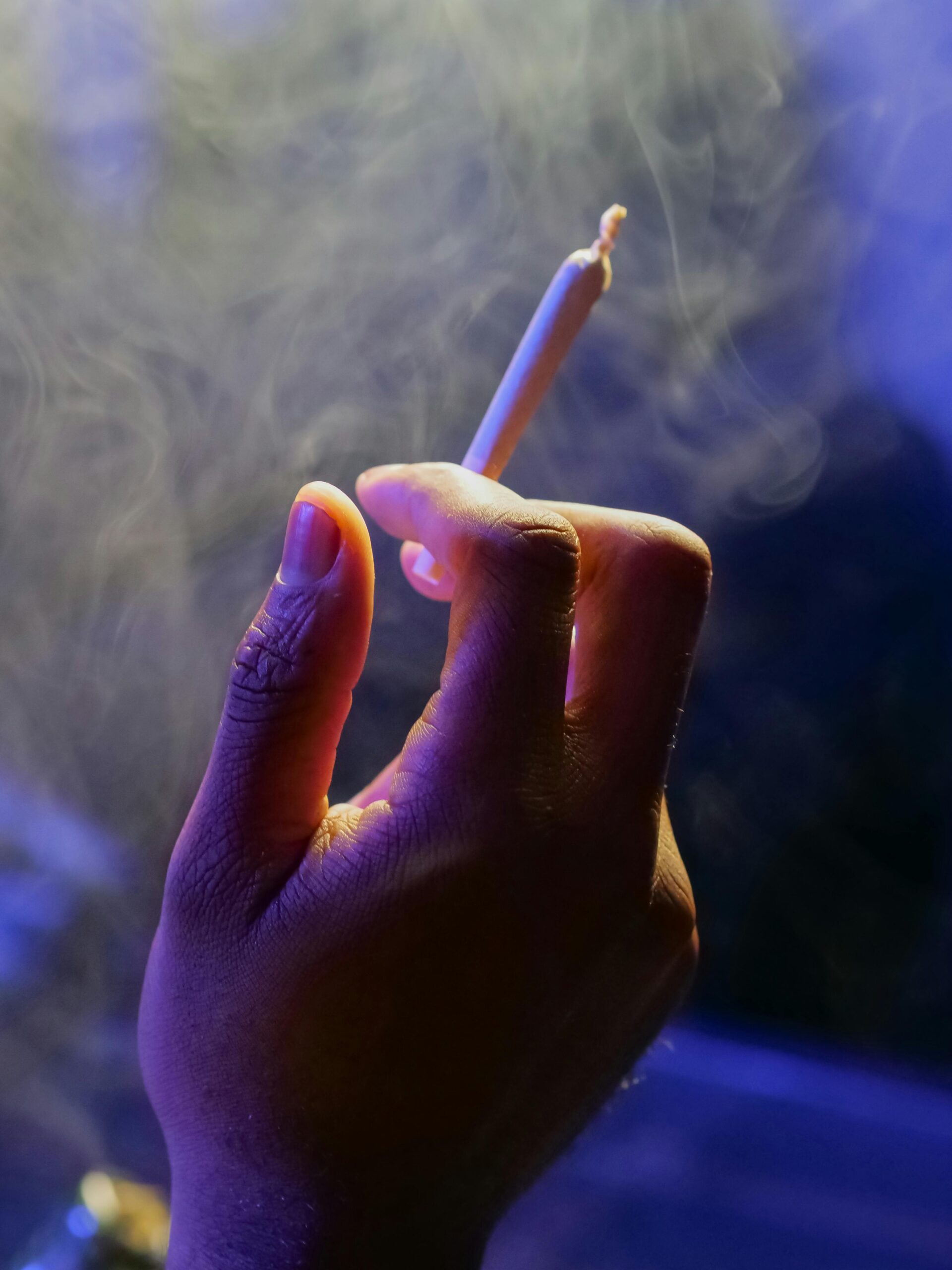How much is enough Cannabis? With its wide range of therapeutic and recreational benefits, has become increasingly popular and accepted in many parts of the world. However, like any substance that alters mind and body, it’s important to use cannabis responsibly to avoid complications or adverse experiences. Here are some key strategies for regulating your cannabis consumption to ensure a positive and safe experience.
1. Understand Your Tolerance
Start Low and Go Slow

https://amzn.to/41nFYWw
Beginner’s Approach: If you are new to cannabis, start with a low dose. The rule of thumb is to “start low and go slow.” This means beginning with a small amount and gradually increasing until you find the dose that works for you.
Tolerance Awareness: Even experienced users should be mindful of their tolerance levels, which can fluctuate based on frequency of use and the potency of the products consumed.
Monitor Your Consumption
Keep Track: Consider keeping a consumption journal. Note the type of product, dosage, time of day, and the effects you experience. This can help you identify your ideal dose and avoid overconsumption.
Recognize Tolerance Breaks: If you find that you need more cannabis to achieve the same effects, it may be time for a tolerance break. A short period of abstinence can reset your tolerance levels and make lower doses effective again.
2. Choose the Right Product
Understand THC and CBD Ratios
Balanced Strains: Strains with a balanced ratio of THC (tetrahydrocannabinol) and CBD (cannabidiol) can offer therapeutic benefits without the intense psychoactive effects of high-THC strains.
High-CBD Options: For those prone to anxiety or adverse reactions, high-CBD, low-THC strains are a good option. CBD can counteract some of the psychoactive effects of THC, providing a more mellow experience.
Know the Potency
Check Labels: Always check the THC and CBD content on the product label. Start with lower potency products and gradually work your way up if needed.
Edibles and Concentrates: Be especially cautious with edibles and cannabis concentrates. These products often have higher THC levels and longer-lasting effects. Edibles can take up to two hours to take effect, so patience is crucial to avoid overconsumption.
3. Consider Your Environment
Safe and Comfortable Settings
Familiar Surroundings: Consume cannabis in a familiar, safe, and comfortable environment, especially if you are trying a new product or a higher dose than usual.
Avoid Stressful Situations: Stressful or unfamiliar environments can increase the likelihood of an adverse reaction.
Use with Trusted Friends
Companionship: If possible, consume cannabis with friends or family members who are experienced and can provide support if needed. This is particularly important for beginners.
Communication: Inform your companions about your experience level and any concerns you may have. Open communication can help ensure a positive and supportive experience.
4. Manage Timing and Frequency
Set Limits
- Daily Limits: Decide on a daily or weekly limit for your cannabis consumption and stick to it. This can help prevent overuse and build a balanced routine.
- Special Occasions: Save higher doses or more potent products for special occasions rather than daily use.
Timing of Use
Daytime vs. Nighttime: Be mindful of when you consume cannabis. Sativa-dominant strains are typically more energizing and better suited for daytime use, while indica-dominant strains are more relaxing and better suited for evening use.
Avoid Impairment: Do not consume cannabis if you need to perform tasks that require full cognitive function, such as driving or operating heavy machinery.

5. Listen to Your Body and Mind
Pay Attention to Effects
Immediate Response: If you start to feel uncomfortable, anxious, or paranoid, try to relax and breathe deeply. Sometimes changing your environment or engaging in a calming activity can help.
Hydration and Nutrition: Drink water and have some light snacks available. Staying hydrated and maintaining blood sugar levels can mitigate some adverse effects.
Know When to Seek Help
Professional Guidance: If you find that you are consuming cannabis to cope with stress, anxiety, or other issues, consider seeking professional guidance. A healthcare provider or counselor can help address underlying concerns.
Medical Attention: In rare cases of severe adverse reactions, seek medical attention. It’s better to be safe and get professional help if needed.
How much is enough?
Regulating your cannabis consumption is crucial to enjoying its benefits while minimizing the risk of complications or adverse experiences. By understanding your tolerance, choosing the right products, considering your environment, managing timing and frequency, and listening to your body, you can consume cannabis responsibly and safely. Always stay informed, make mindful choices, and prioritize your well-being to ensure a positive cannabis experience.



Leave a Reply